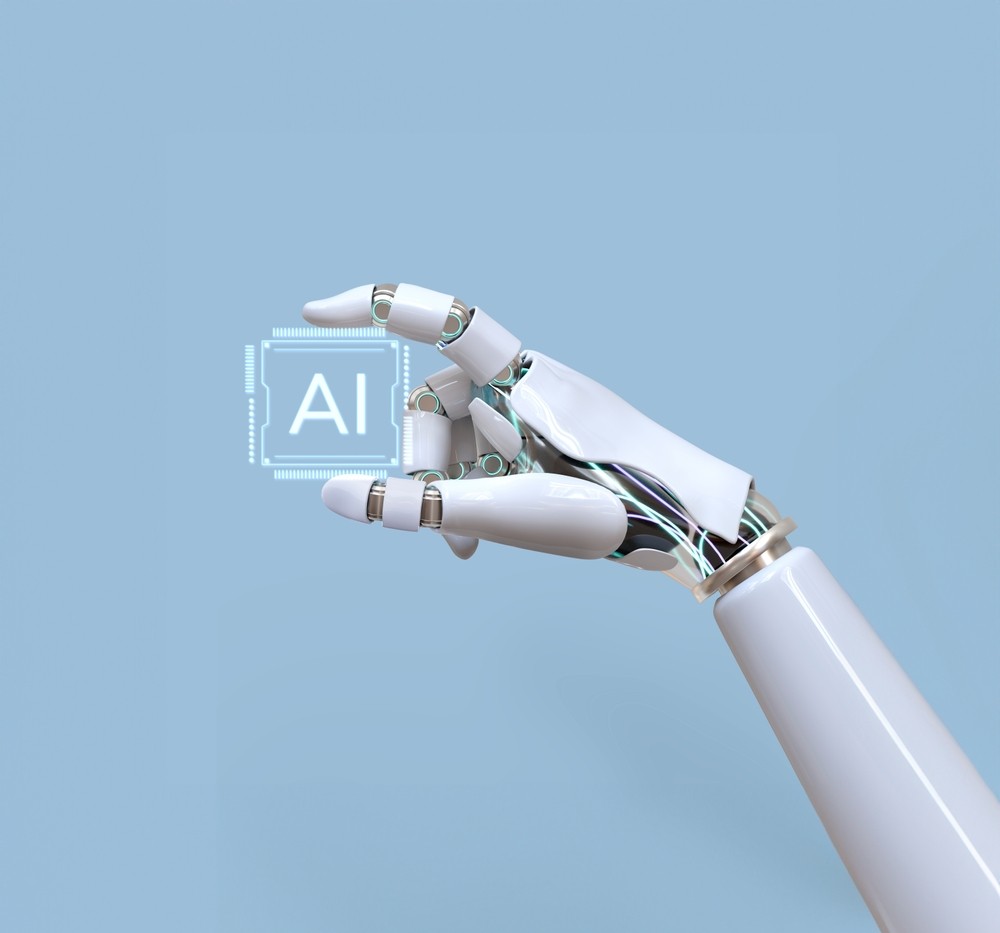The Capgemini Research Institute’s new report on generative AI (Gen AI) in management, ‘Gen AI at work: Shaping the future of organizations’, published today, suggests that Gen AI could have a positive impact on early-stage careers. In the longer-term, the report finds that Gen AI has the potential to create new job roles, transform organizational structures, drive human-AI fusion teams, and make managerial roles more specialist. However, adoption remains low and nascent. The report finds most employees lack the training they need to develop Gen AI skills.
Whilst the impact of Gen AI on careers has been hotly debated, this new research finds the majority of business leaders believe that entry level roles could become more autonomous and evolve into frontline managerial roles within the next three years. With this in mind, the proportion of managers in teams across functions could expand from 44% to 53% in the next three years; only 18% of leaders and managers believe that Gen AI will reduce middle management.
Employees think that, over the next 12 months, generative AI tools could lead to an average time saving of 18% for entry-level workers, implying there could be significant productivity improvements for junior employees. However, the cost of the Gen AI tool must also be taken into account, cites the report. Furthermore, 81% of leaders and managers expect new roles such as data curators, AI ethics specialists and algorithm trainers to emerge at the entry level.
“Generative AI tools are becoming more adept at assisting with complex managerial tasks, which could challenge the status quo of organizational structure and ways of working,” said Roshan Gya, CEO of Capgemini Invent and member of the Group Executive Committee. “Generative AI has the potential to shift from a co-pilot to a co-thinker, capable of strategic collaboration, adding new perspectives and challenging assumptions. This shift could unlock significant value when tailored to specific business use cases but is dependent on several factors, including organizations prioritizing building the skills and readiness of employees, taking proactive steps around talent acquisition and development.”
Potential to redefine management but still a significant gap on actual usage
The report finds that Gen AI is transitioning the view of future leadership and managerial roles toward becoming more strategic, focusing on decision making and fostering innovation. In fact, many managers and leaders currently believe that Gen AI tools could act as co-thinkers for them. 65% of the leaders and managers surveyed see high potential in Gen AI for complex strategic tasks, and more than half of leaders believe managers will play a critical role as catalysts of Gen AI-driven change. The technology could also save leaders and managers up to seven hours each week, with nearly 8 in 10 leaders believing that Gen AI will positively impact their productivity in the next 12 months.
Gen AI has the potential to amplify the strategic scope of leaderships roles. Currently, managers spend more than one-third of their time on administrative tasks. However, AI’s ability to automate much of this work provides opportunities to focus on strategic planning and problem-solving tasks. In the next three years, over three-quarters (78%) of leaders and managers expect Gen AI to augment their problem-solving and decision-making, and over half believe manager-level positions will evolve towards specialization. 57% of leaders at organizations advanced in their Gen AI implementation already see their roles becoming more strategic.
While adoption of Gen AI in management has good potential, there is a significant gap between potential and actual usage. Although 97% of leaders and managers say that they have experimented with Gen AI tools, only 15% use Gen AI tools at least once a day in their work.
Organizational structures need to transform to enable cohesive human-AI collaboration
For nearly half (46%) of teams, AI is used simply as a tool to enhance existing capabilities and workflows. However, human-machine partnerships are starting to be embraced. One in three teams are currently using AI as a ‘team member’, for example by enhancing human performance or using AI agents to complete predefined tasks without human intervention. According to the research, today AI is used as a supervisor in only 1% of teams i.e., it is directing, allocating, or prioritizing work for humans. Yet, in the next 12 months, 13% of teams expect to use AI in this role. In an AI-led environment, human judgment is increasingly important, and the majority of leaders, managers and employees in the research acknowledge this.
Training and managerial guidance required to secure the future of Gen AI at work
Despite the potential of Gen AI to boost productivity across job functions, adoption remains nascent. While almost two-thirds (64%) of workers already use Gen AI tools for their work, only 20% of employees use Gen AI tools daily.
Employees also lack proficiency in key skills, with only 16% believing they are getting the support they need to develop Gen AI skills. Only 13% of employees say they are well-versed in machine conversational skills; only a third say they can manage Gen AI systemic risks; and less than half claim to have prompt engineering skills. The report suggests that team members should be equipped with the right AI skills, defining rules and responsibilities for cohesive human and Gen AI collaboration, ensuring accountability when Gen AI systems make mistakes, and adapting workflows and processes for the new era of Gen AI.







